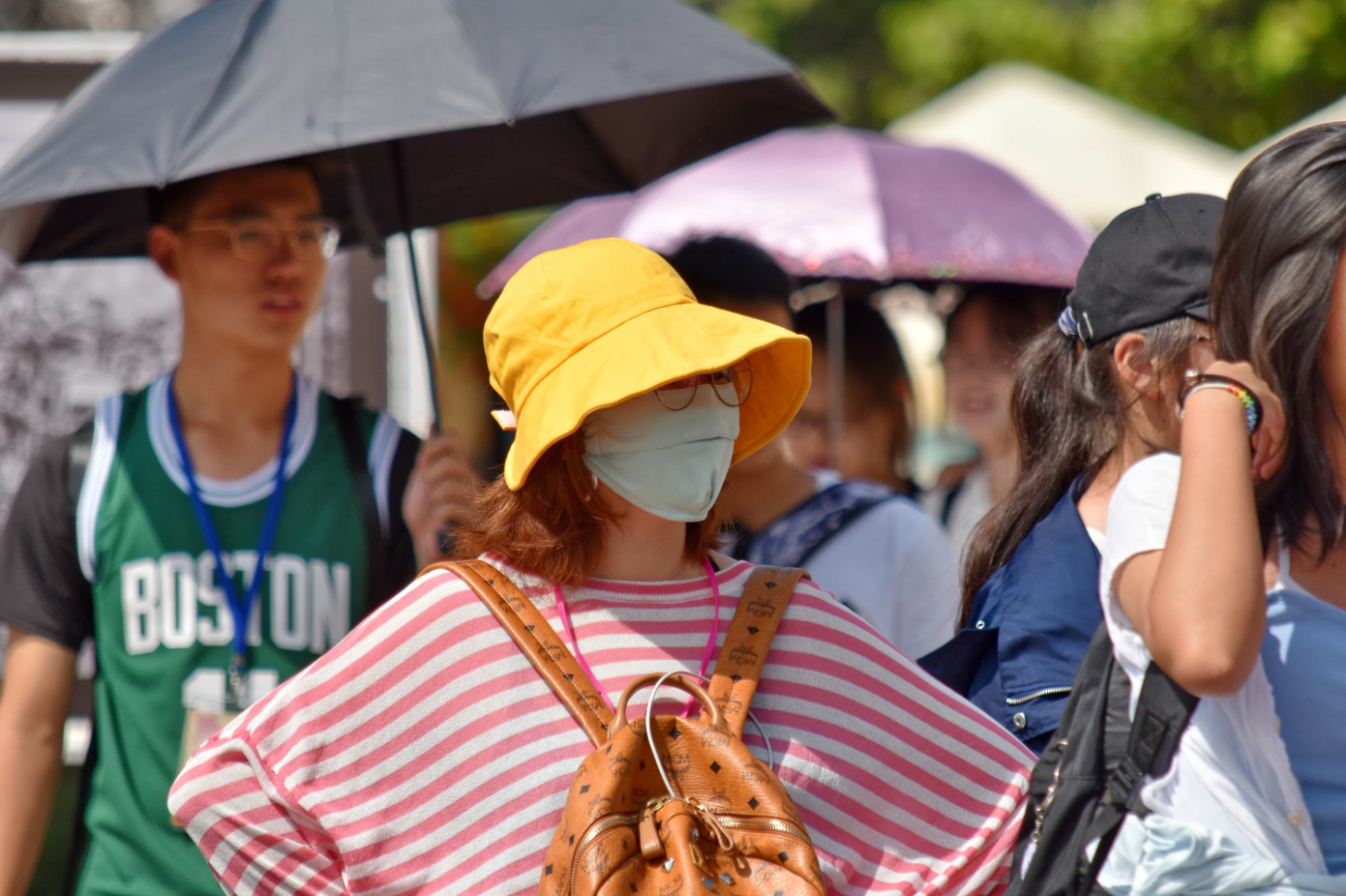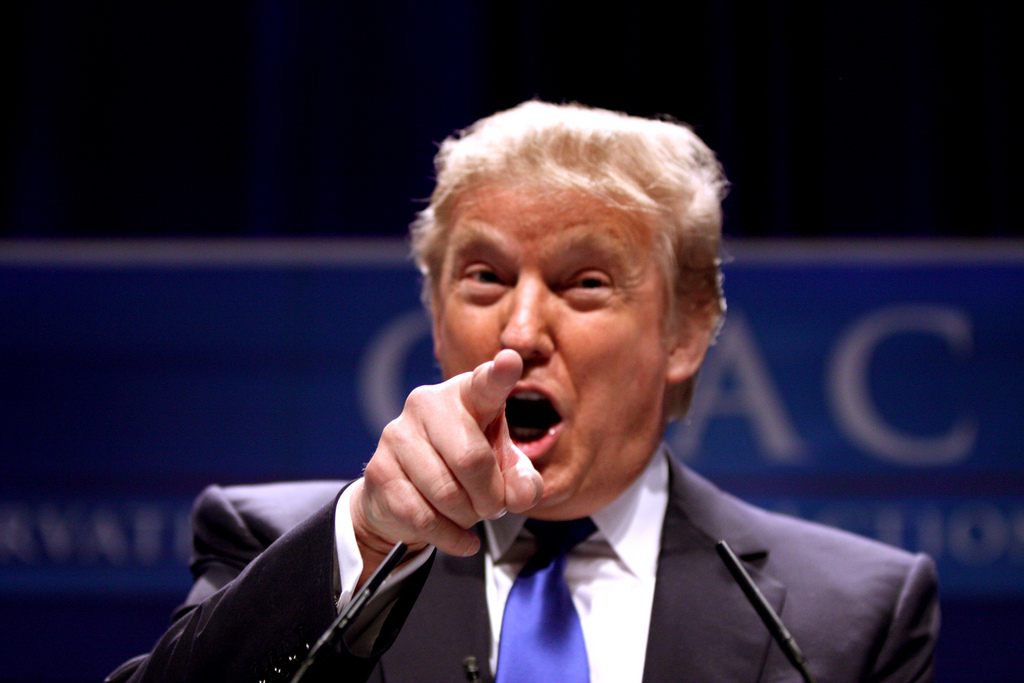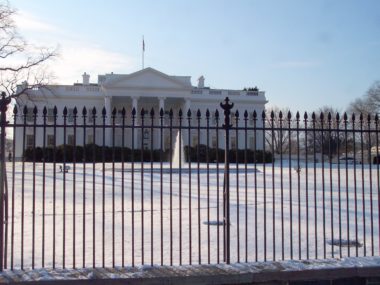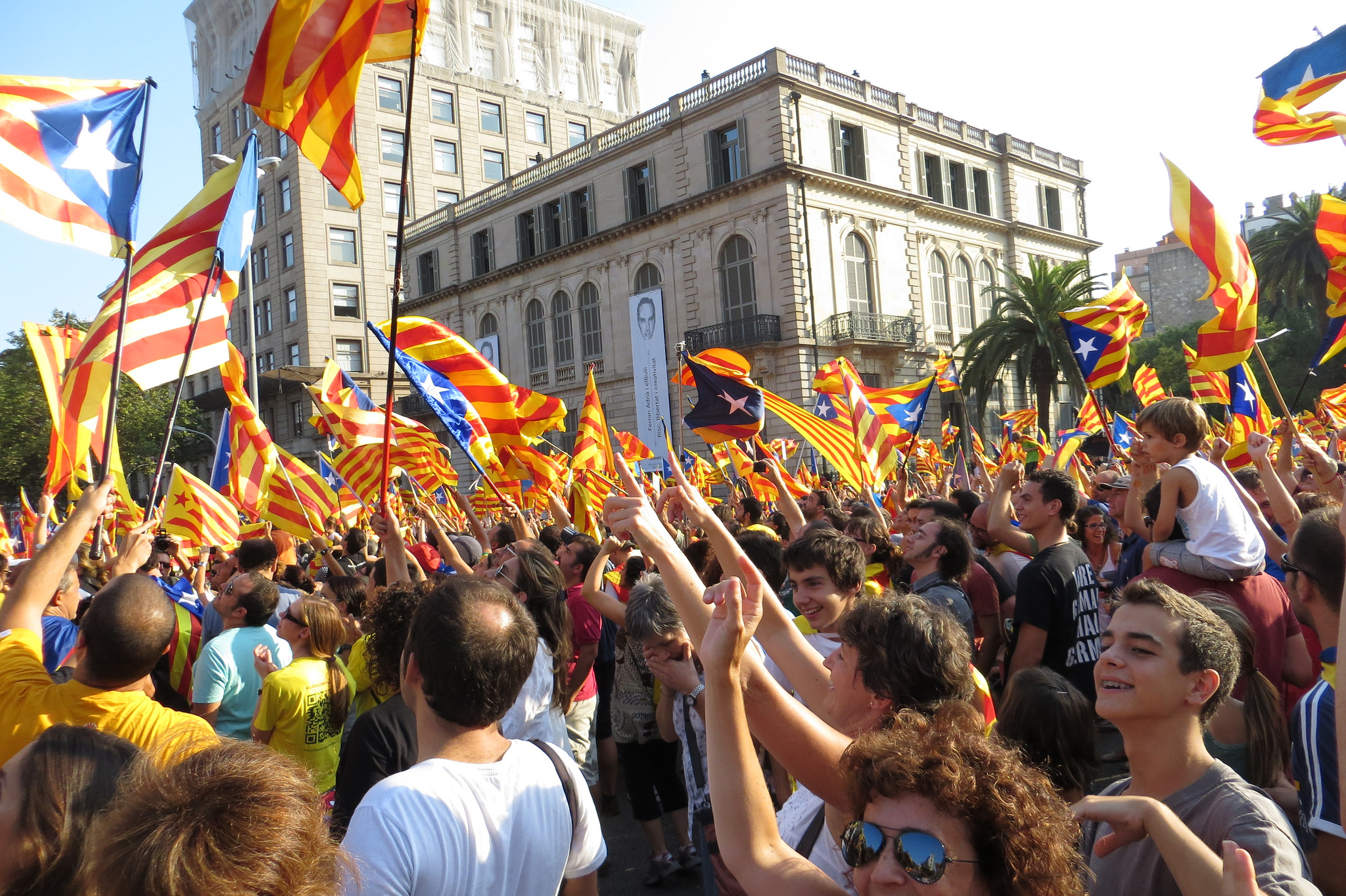Democracy activist Nathan Law interviewed by Dawn Brancati
The Hong Kong protests began almost a year ago, sparked by the introduction of an extradition bill that would subject Hong Kongers to mainland Chinese laws. The protests brought millions to the streets and lasted for months—despite excessive police violence against the protesters, threats by businesses to fire employees who participate in the protests, and other actions to deter the protests.
Then came the Coronavirus. Hundreds in Hong Kong have been infected with the virus and one person, thus far, has died.
To understand the effect of the virus on the movement, Dawn Brancati interviews Nathan Law, a democracy activist, and one of the student leaders of the 2014 Umbrella protests, for which he, Alex Chow, and Joshua Wong were nominated for the Nobel Prize. Nathan was also instrumental in the US government’s passage of the Hong Kong Human Rights and Democracy Act.
1. How has the Coronavirus affected the activities of the Hong Kong protest movement?
The protests are getting quieter because of the virus outbreak. People now tend to avoid crowded places, which has reduced the number and scale of the protests. But the discontent of the people has risen. The handling of the crisis by the government has been extremely poor. According to the opinion polls conducted by the Hong Kong Public Opinion Research Institute (PORI), more than 70 percent of the population feels dissatisfied with the government’s performance on disease control, and the satisfaction rate towards the government has dropped to a historic low. This shows that public anger is still growing and that the movement will revive when the outbreak is ended.
2. In what ways, if at all, has Coronavirus affected mainland China’s response to the movement?
It depends on whether the Chinese government will open up politically under the demands of the Chinese people. For now, there are no signs of the Chinese government backing down. But, the request for free speech, accountability, and transparency to the Chinese government rises with the death of the whistleblower, Dr. Li. This may create a new situation regarding the openness of the Chinese government, hence affecting the handling of the Hong Kong protests.
3. How would you compare the effect of the Coronavirus to the effect of government repression on the movement?
It is quite difficult to compare. I think in terms of igniting public anger, both are similarly effective.
4. Some research finds that non-violent protests are more successful than violent resistance, while other research finds that no such effect exists for democracy protests. How did the violence engaged in by the Hong Kong protesters against government offices and police affect support for the movement?
I think it is difficult to draw a conclusion now. A lot of actions are triggered by emotional responses and the effect of them is unclear. I think, for now, the hybridized strategy is sustaining the movement and maintaining certain morale internally and support externally.
5. The current movement originated around a catalyzing event—the Hong Kong extradition bill. How do you think the movement will remobilize after the global health crisis subsides?
I think the demands of protesters go far beyond the bill now. It’s about democracy and autonomy, which are being constantly threatened and demolished under the “one country two systems” framework. Until the Chinese government starts to honor its promise and respect the “two systems,” the movement will continue.
The 2019 Hong Kong protests were sparked by a proposal to amend extradition laws to allow suspects to be transferred to mainland China for trial. In addition to the full withdrawal of the bill, the Hong Kong protesters have also demanded a commission of inquiry into alleged police brutality; the declassification of protesters as rioters; amnesty for arrested protesters; and universal suffrage for the Legislative Council and the Chief Executive.







